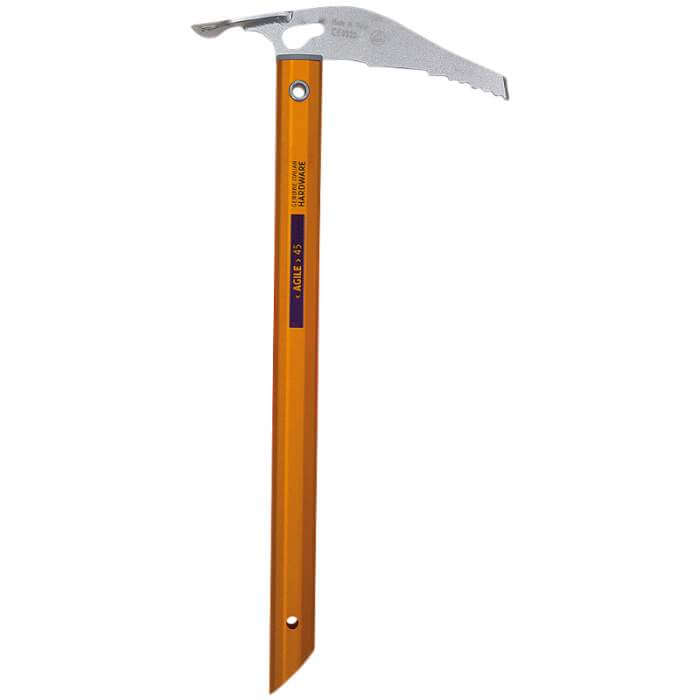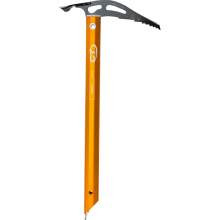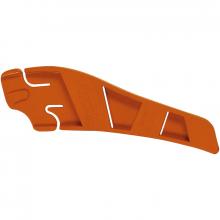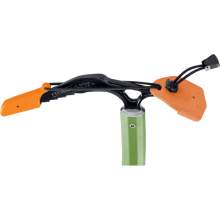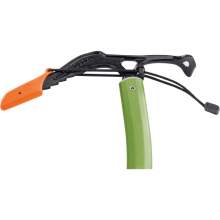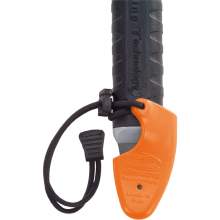Agile
Description
Ice axe for ski - mountaineering competitions.
Extremely light, compact and durable.
Entirely made of anodized light alloy.
Also available as part of the safety kit ASD Light Kit.
Retail price
This Product is Hard to Find.
We don’t know where you can buy this item online in the US. We’ll continue to check all the major retailers and will update this page as soon as we find one.
If you know where to find this online in the US, let us know, and we’ll add the link.
Weight (g / oz)  | 195 g / 6.88 oz |
Best Use  |
Ultralight Mountaineering |
Length Options (cm)  |
45 cm |
Head Details  | Adze |
Ice Rating  | Pick: B / Type 1 Shaft: B / Type 1 |
Materials  | Pick: Anodized Light Alloy Head: Anodized Light Alloy Shaft: Anodized Light Alloy |
Certification  |
CE, EN, UIAA |
Warranty  |
|
No reviews yet.
If you know of a good product video that should be here, let us know, and we'll put it up.
If you're looking for gear videos in general, check out our Vimeo and YouTube channels to see the newest gear.


